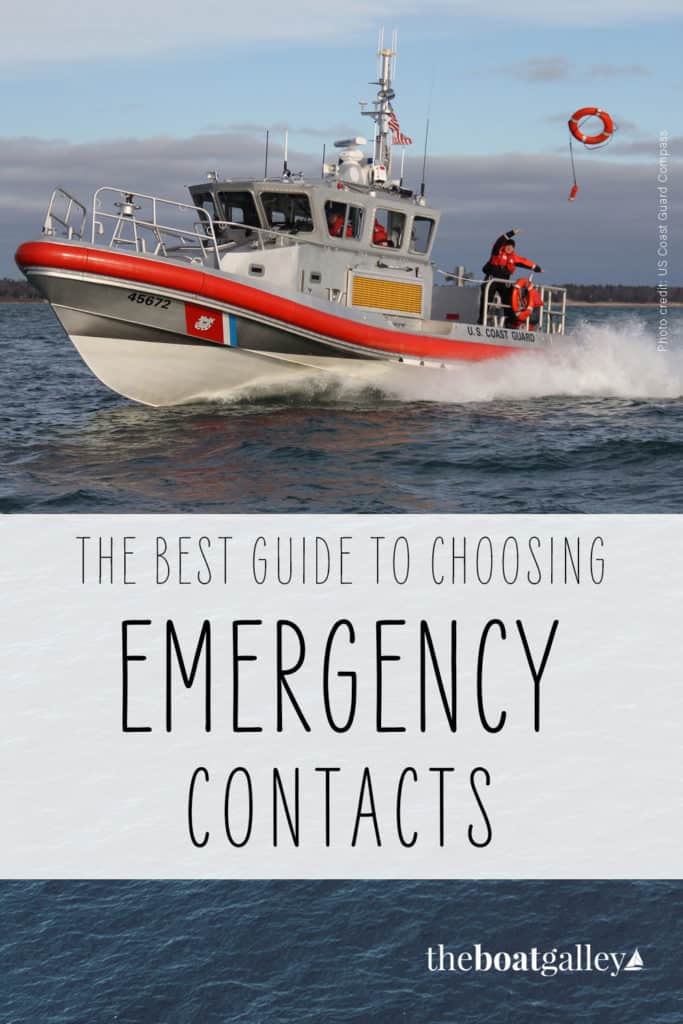
What should you know in choosing your emergency contact when you’re out boating or having other adventures?
On land, it’s pretty simple: generally your spouse or partner, perhaps a parent or adult child. Maybe a best friend.
If you’re cruising or traveling, it gets more complicated. Yet picking the right person is critical. You need:
- An emergency contact when you register your EPIRB. This is the person who will be contacted if your EPIRB goes off, who should know if you are on passage and where, along with all the pertinent details of your boat, your experience and your safety gear.
- Someone to give your float plans to — again, with knowledge of where your plans and preparation.
- An emergency contact on your ID (I wear a ROAD ID bracelet) who knows your medical history, too.
These might not all be the same person — and they might not be all be relatives.
General Traits
There are certain general traits that you want for all your emergency contacts:
- Responsible
- Generally available
- Calm in an emergency (no drama queens!)
- Not prone to overreacting
- Knowledgeable about who to contact — appropriate search and rescue, family, medical personnel
- Good communications capabilities as appropriate for the area (generally, this means a cell phone with plenty of minutes and good coverage) should there be an emergency
Basically, you want someone who will take appropriate action, without overreacting or failing to respond. And you have to give them information as to your boat, your safety gear, your experience, your family, any emergency evacuation insurance or programs you have, your medical conditions and so on.
Always ask someone before naming them as your emergency contact.
Choosing an Emergency Contact for Your EPIRB
Your EPIRB registation is valid for two years and requires you to name two emergency contacts. These emergency contacts should be people who are not on the boat and not living together. If they are living together, chances are good that if one is unavailable due to being on vacation with no cell coverage, the other one will be also.
If your EPIRB goes off, it will be the search and rescue authorities who are calling your emergency contact. The emergency contact will need to provide information about where your boat is currently headed, trip plans, and safety gear and communications gear on board, as well as any problems you may have reported prior to the EPIRB being set off. The emergency contact will also be responsible for notifying your family and friends as to what is happening — make sure they know who you’d want to be contacted and at what point in the search and rescue.
My suggestion is to have a former cruiser as your EPIRB contact, as they will (hopefully) be in one location to be contacted and will also understand the information needed about your boat and understand what the S&R authorities are saying. While you can amend your registration to name new emergency contacts, most of us don’t until we re-register so it’s good to name someone who you think will be available for the whole two-year program. People who travel a lot themselves or have a lot of change in their lives are not good candidates.
Choosing Who To Give Your Float Plan To
Before any trip, you should give a float plan to someone who will alert search and rescue if you don’t report in at an agreed-upon time. Read more about Float Plans — this also includes a link to download a form from the Coast Guard.
Your float plan contact is, basically, a one-time commitment (although you might use the same person several times). The responsibility lasts only as long as the present leg of the voyage.
Another local cruiser, who is not heading out while you’ll be at sea, is ideal. Since you’ve not set off an EPIRB, this person will be responsible for initiating rescue operations if conditions seem to warrant. You want someone who:
- Understands the trip you’re making.
- Is familiar with the area.
- Watches the weather in the area to know if there has been a nasty squall or particularly benign conditions.
- Knows and will try all possible ways to contact you before sounding an alarm
- Knows what S&R authorities to contact if needed, as well as other resources in the cruising community.
You don’t want someone just watching an inReach tracker with instructions to call for help if it stops transmitting — it may be that someone just forgot to charge it. There has to be a certain amount of judgment, and that is usually better provided by another cruiser rather than a family member or friend who has no knowledge of passage making.
Since the Float Plan document has detailed information about your boat, the trip and the people aboard, you shouldn’t have to provide additional information.
Choosing Your Emergency Contact for Medical Emergencies
Your ID should always specify your medical contact. Additionally, I wear a Road ID bracelet that allows a first responder to get all my medical info online (read about Road ID here).
While the boat has EPIRB and Float Plan contacts that cover everyone on board, each individual should have a medical contact — and if another member of the crew is specified as the primary medical contact, you should also specify a secondary one who is not aboard.
In addition to knowing your medical history, your medical contact needs information on your medical insurance or other coverage you may have and any medical evacuation coverage. They should have a copy of your living will and know who are authorized decision-makers pursuant to it. They need contact information for your next of kin.
Update the information provided to your medical contact at least once a year (I do it on my birthday to make it easy to remember) and again if you have any major new condition.
I’ve created a simple form for providing necessary information to your EPIRB and medical contacts. Get it in Documents for Boat Buyers and Owners. a collection of six FREE documents for you. Download and edit it (it’s a Word file), then send it to both your contacts.
Bottom Line
We never want to think about anything bad happening, but the best outcomes happen when people are prepared. Think carefully about your emergency contacts when choosing them, and make sure they have the information that could make a difference if a problem arises. Think of it as similar to your life raft: we hope to never use it, we hope it’s money/time wasted, but should we ever need it, we want it to be the best possible.
Read More on Safety

Quickly find anchorages, services, bridges, and more with our topic-focused, easy-to-use waterproof guides. Covering the ICW, Bahamas, Florida, and Chesapeake.
Explore All Guides

Carolyn Shearlock has lived aboard full-time for 17 years, splitting her time between a Tayana 37 monohull and a Gemini 105 catamaran. She’s cruised over 14,000 miles, from Pacific Mexico and Central America to Florida and the Bahamas, gaining firsthand experience with the joys and challenges of life on the water.
Through The Boat Galley, Carolyn has helped thousands of people explore, prepare for, and enjoy life afloat. She shares her expertise as an instructor at Cruisers University, in leading boating publications, and through her bestselling book, The Boat Galley Cookbook. She is passionate about helping others embark on their liveaboard journey—making life on the water simpler, safer, and more enjoyable.



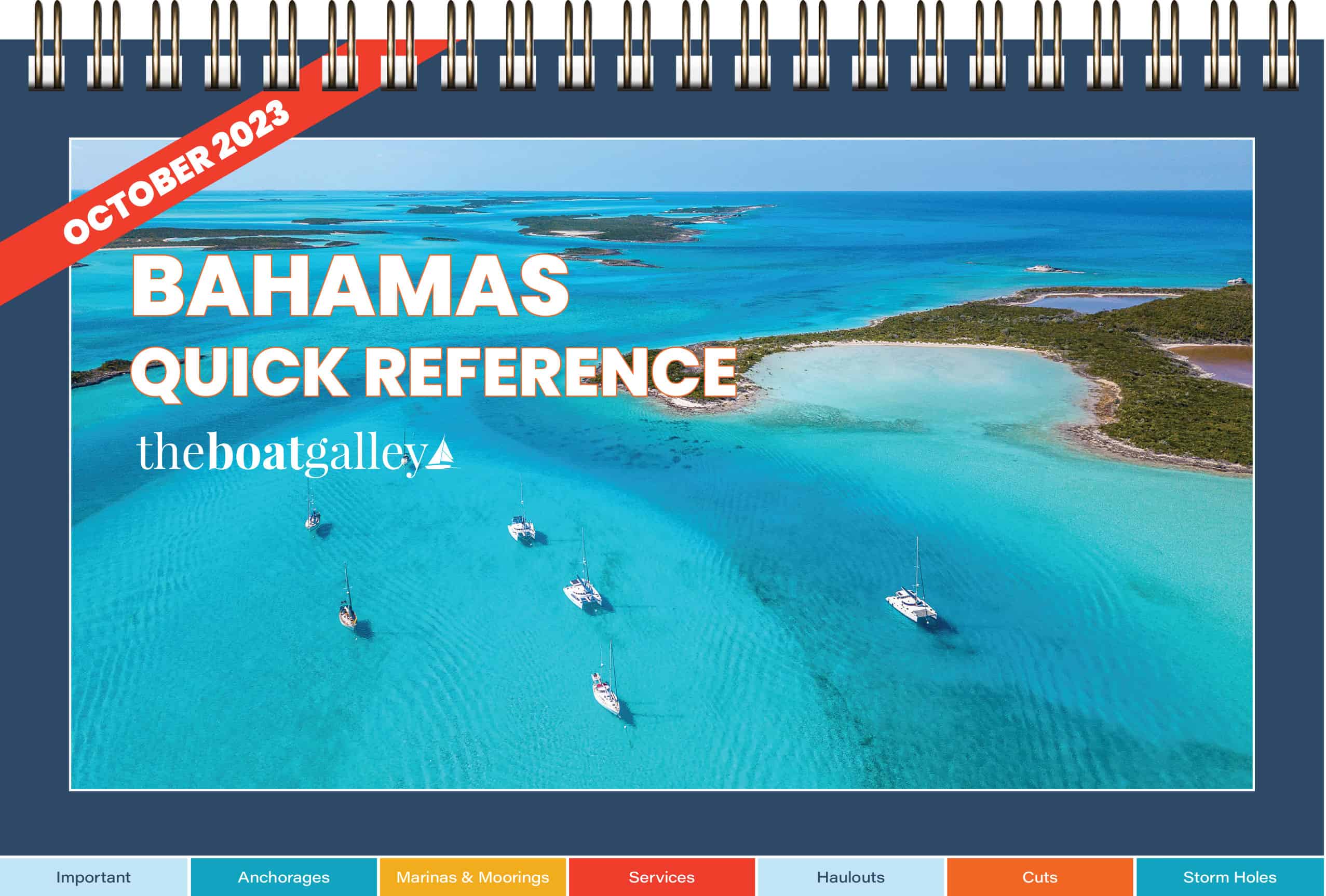
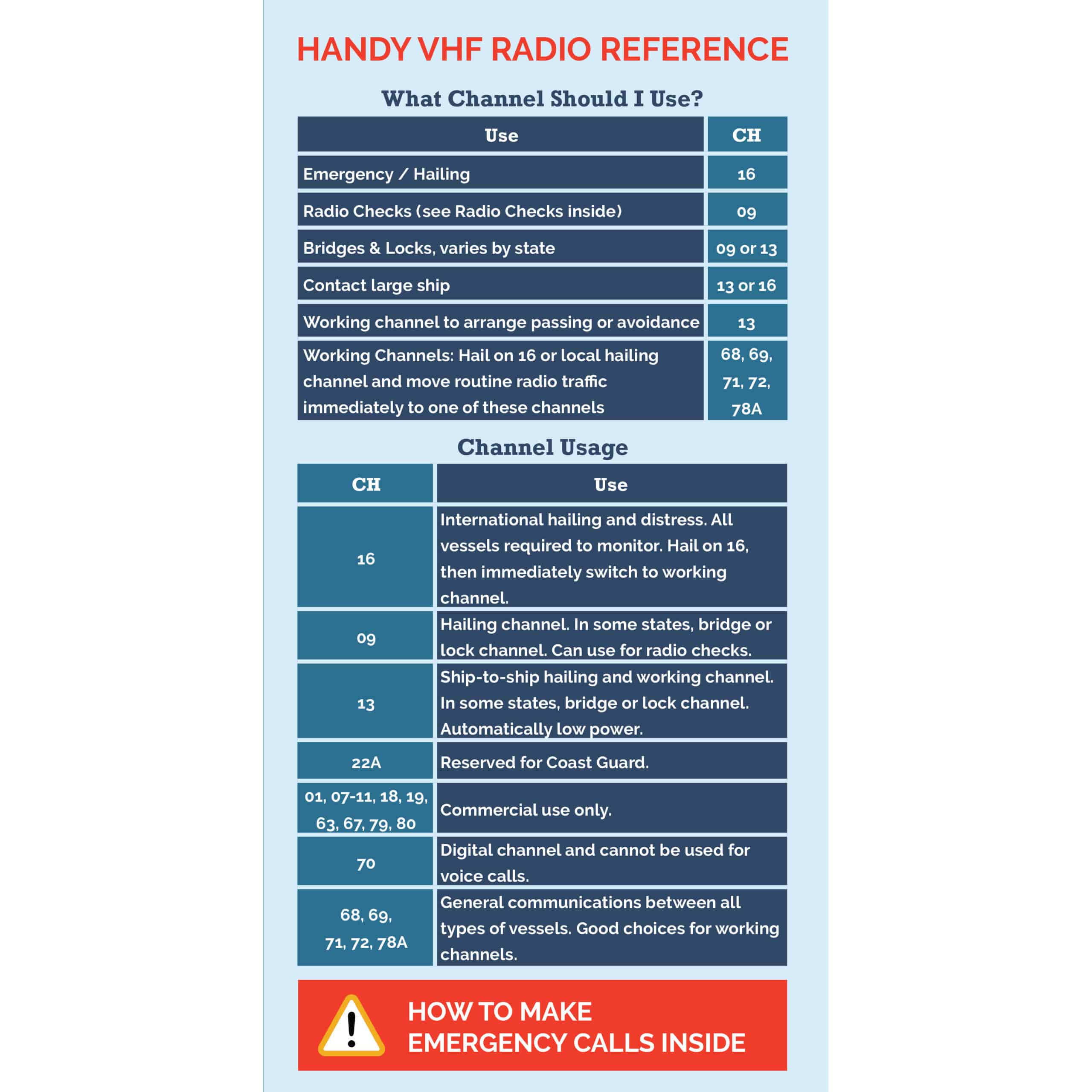



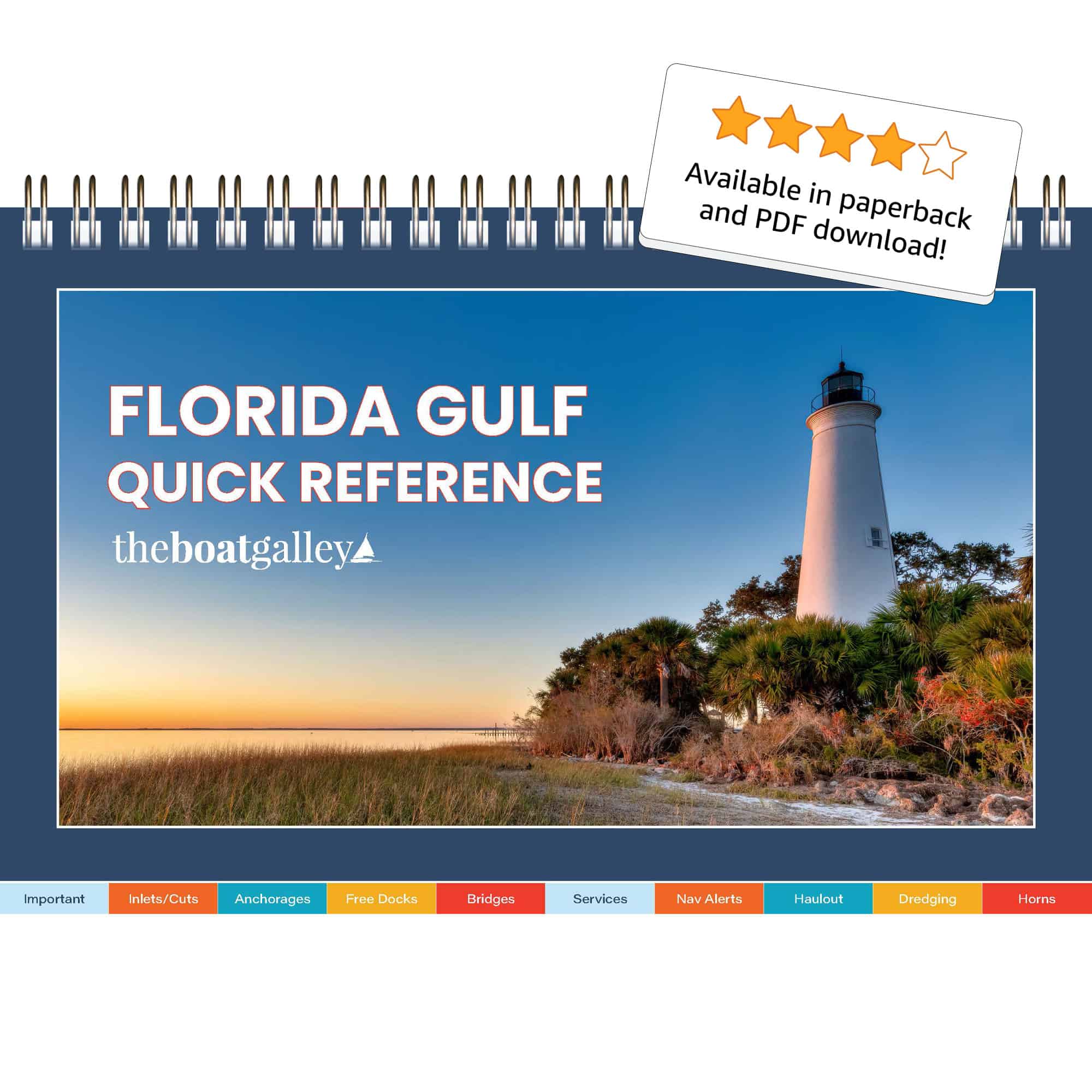
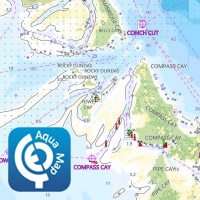
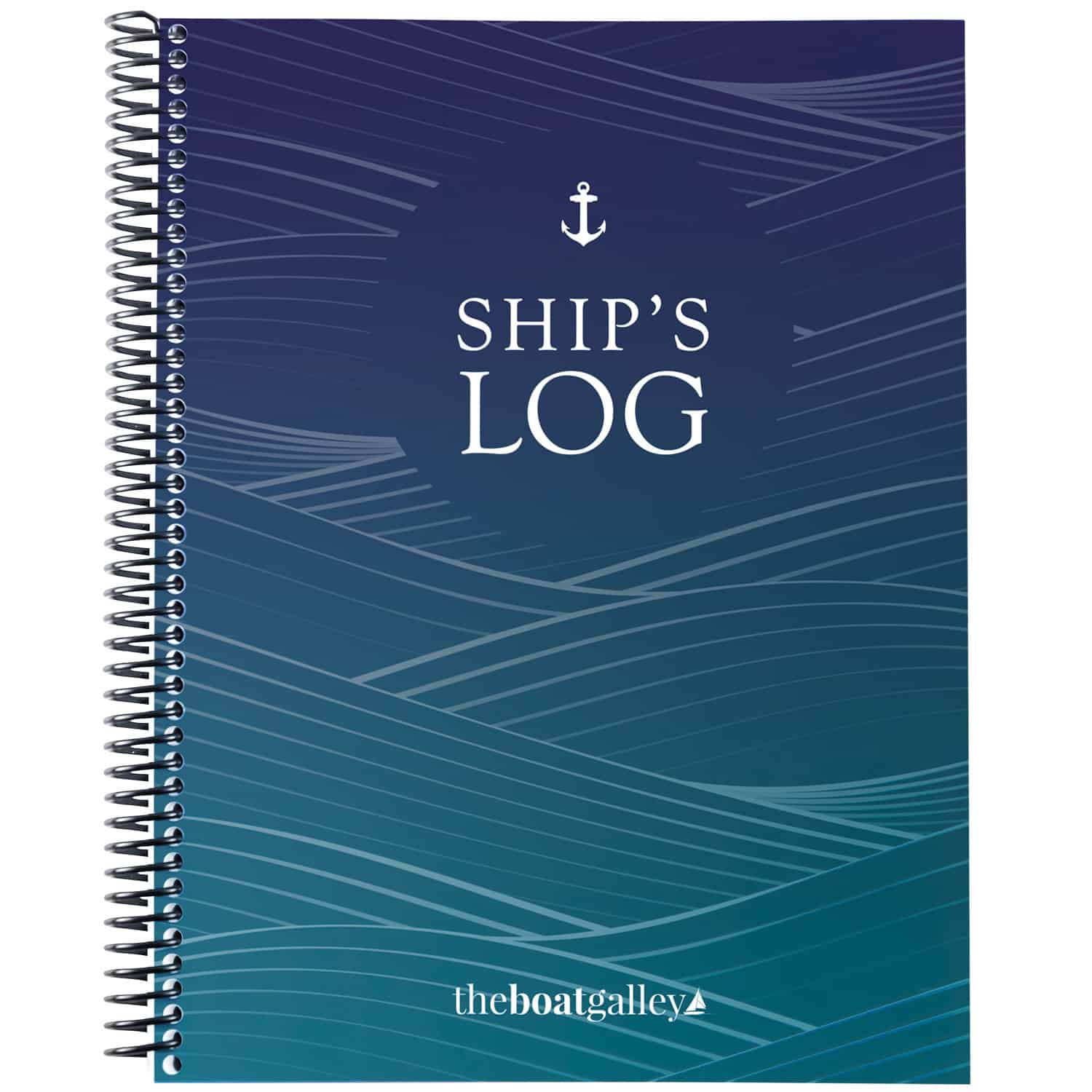
Dave Skolnick (S/V Auspicious) says
I started out with family. Now I use sailing friends. They know more about the system. Family have that person’s phone number and know to call them for advise if something seems odd (“Dave forgot to put new batteries in the SPOT again”).
Everything Carolyn notes can be changed on the fly through websites.